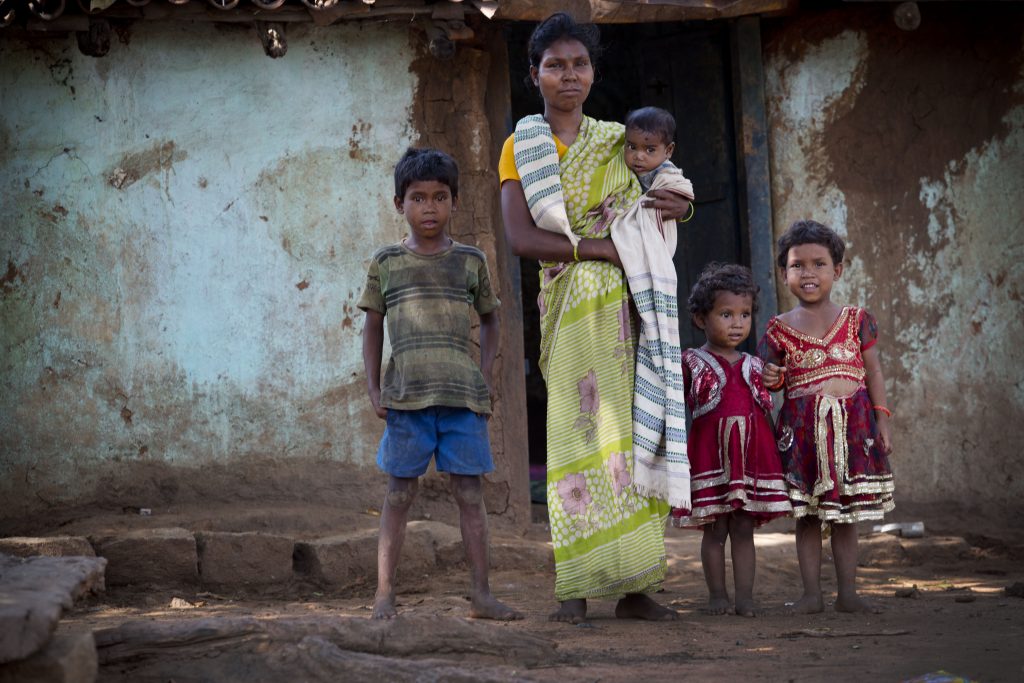
As a health care provider in rural Zambia, nurse-midwife Michael Mweetwa Chinene struggled to stay current with evolving best practices in HIV and tuberculosis care.
“I have a very busy schedule at my facility,” said Chinene, who works in Mazabuka District in the Southern Province, “and it’s difficult to access learning opportunities.”
Yet, the clients Chinene serves—HIV patients with TB—require prompt and correct diagnosis, regular treatment and appropriate case management. Without the ability to get the latest information in patient management, Chinene said his “confidence to be able to provide specific services (for these clients) declined.”

Dr. Vikas Kaushal knew he wasn’t cut out for a desk job. He also knew he’d found his place when he started working for Jhpiego in community medicine—a specialty that allows him to have a positive impact on large numbers of people.
Happy as he was to join Jhpiego and settle down to work in the Motihari district (with additional responsibilities in Saran district) in Bihar state in north-eastern India, he was caught off guard by the vast difference between what he had learned in classrooms and books and the reality of practicing community medicine in districts with some of the poorest health indicators in India.

As a physician in Burkina Faso, I have worked for more than 30 years to help ensure that the people of my country have access to the health care they need. I have often looked at the big picture—working to strengthen my country’s national policies on malaria, child survival, prevention of HIV/AIDS and family planning (FP). But I haven’t always looked closer to home.







